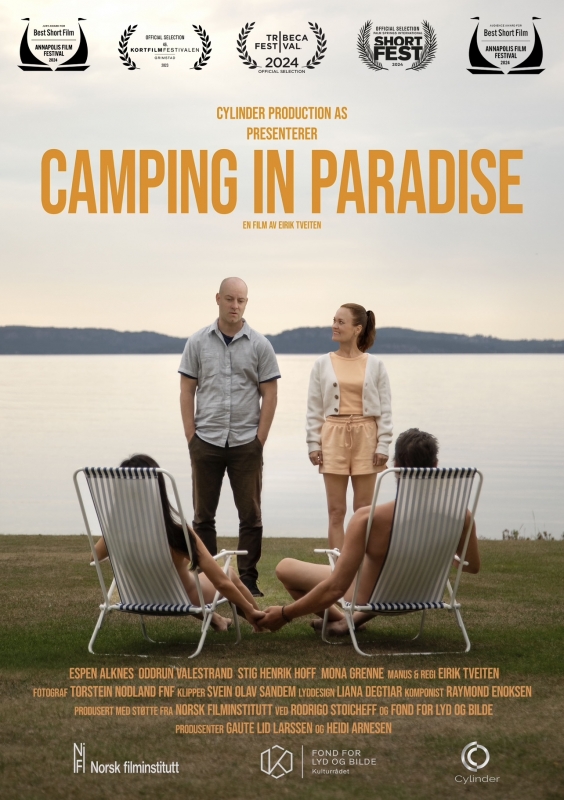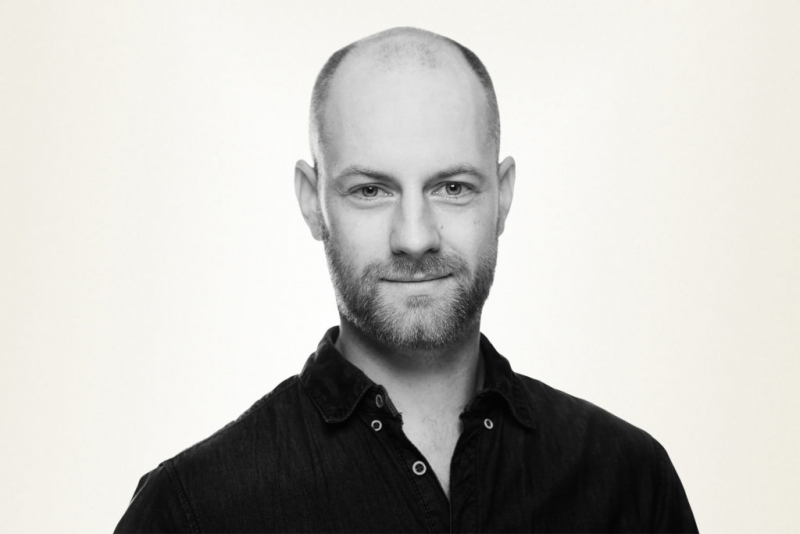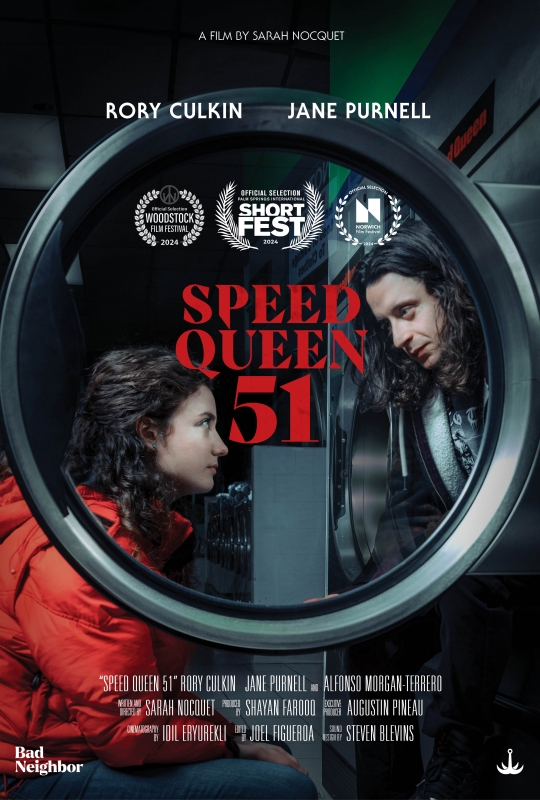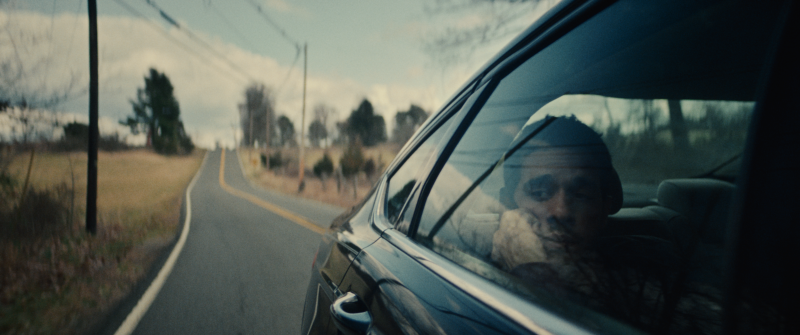|
|
||
|
Pro Tools
FILMFESTIVALS | 24/7 world wide coverageWelcome ! Enjoy the best of both worlds: Film & Festival News, exploring the best of the film festivals community. Launched in 1995, relentlessly connecting films to festivals, documenting and promoting festivals worldwide. Working on an upgrade soon. For collaboration, editorial contributions, or publicity, please send us an email here. User login |
Birgit Gudjonsdottir and 'Our Grand Despair'
On April 17th, during the closing ceremony of the 30th Istanbul Film Festival (IFF), the award for the best DOP went to Birgit Gudjonsdottir for her work in the Turkish film, OUR GRAND DESPAIR (2011). Recently, I conducted an interview with the award-winning and highly accomplished DOP/Producer. Aside from working on widely known films such as THE BOURNE SUPREMACY (2004) and GOODBYE LENIN! (2003), she has worked as DOP on a number of documentaries, most recently including IN THE BEGINNING THERE WAS LIGHT (2010) and her latest project THEY WERE NOT THE ONLY ONES (2011). We spoke about her work on OUR GRAND DESPAIR (2011), which premiered in competition at this year’s Berlinale 2011. ME: Hi Birgit, we are here to talk about your work on OUR GRAND DESPAIR, which is in Turkish, BIZIM BUYUK CARESIZLIGIMIZ? (Here of course I massacred the Turkish pronouncing of the film. LOL) BIRGIT: I was really practicing to say it the right way for a long time because I am not speaking Turkish a lot still. There are only a few words that I learned while filming but I didn’t learn very much. It’s a very difficult language and it’s completely different to what we are used to and now I am starting to hear words. In the beginning everything started the same. Now I am starting to hear words and recognizing them but still I don’t understand. ME: Funny. So, can you first tell us about your film? What is it about? BIRGIT: Our film is about friendship. And it’s based on a book. People have told me that the film is just what the book is though it’s telling different things about it and it’s leaving out of course a lot of things which were in the book, but people are very happy with it, how the film is according to the book. So, it seems to have hit on the right spot. And also, the writer of the book Barış Bıçakçı, was also writing the script together with our director. So, that’s why the film is working very well. And it’s about friendship. About two friends who have known each other since school, since they were eight years-old or something. In school time they were working a lot together and cooking a lot together. So, cooking is a special thing in this film. ME: Ah, Turkish culture and cuisine as well. Wonderful! BIRGIT: Yeah. The peaceful cohabitation of the two friends Ender and Çetin is disrupted when they allow a friend's sister to move in with them. Her parents just died in a car accident. Her Brother is living in Germany but she is alone now in Ankara and she has still 2 years to go in school. So, this friend asks his two friends if they can take care of his sister. So, now comes into this flat with these two best friends, a young girl. So, it starts with them living together. In the beginning, she doesn’t want to talk. She’s very sad and takes her time until they start to live peacefully in a nice way together and, of course, both men fall in love with her. ME: Awe. And who does she end up with? Both? Neither? BIRGIT: No, there’s nobody. In the end she is leaving and she’s going to Berlin and there’s nothing happening there. ME: But they fall in love with her in their life. BIRGIT: Yes. When they were young they talked about falling in love with the same woman, but now they are two caring and protecting gentlemen and Nihal the young woman get´s very touched by the men´s loyal friendship. Ender and Cetin are like an old married couple. After realizing that they both have fallen in love with Nihal they don´t want to confuse her with their feelings. So, that’s the story, about this friendship between them, what’s happening in this two year timespan. And then she leaves and they keep on living their lives. ME: Ah, that’s a beautiful premise for a film. What does the title: ‘Our Grand Despair’ mean? Is she the ‘grand despair’? BIRGIT: That’s a good question. Yeah, that’s about their life. But it’s not that there is a big ‘grand despair’. It’s just about what is in life when you’re dreaming. ME: So, it’s a beautiful sweet despair through love and life. Like a welcome despair. BIRGIT: Yes, it’s a ‘welcome despair’! That’s the right idea. ME: You’re the prize winning DOP of the film. Can you tell us about how you shot the film and your experience shooting the film? BIRGIT: Yeah. We shot on 35mm. It was the idea of the idea of the director Seyfi Teoman to shoot cinemascope so I proposed the use anamorphic lenses for that. ME: Can you tell our readers what are anamorphic lenses? BIRGIT: You have different ways to shoot cinemascope. Either you make it like a letterbox or you are using lenses which squeeze the picture so it fits on a bigger part of the negative so you’re using the whole part of the negative as much as possible. And then in the projection room they put a special lens on it which takes the squeeze out and then you get a special look to it. I always have the feeling that working with anamorphic lenses it’s a little bit more 3D feeling to it. It looks different. There is a tiny little but different look to anamorphic films. But these lenses are little bit more expensive. That’s the reason why not all cinema films are shot with anamorphic lenses. You have to take a little more care of how you are doing your framing than with spherical lenses. And we did some tests comparing how to shoot in 35mm and anamorphic 35mm is still the best choice of everything. ME: Yeah. Always. BIRGIT: So, we are shooting with 35mm with anamorphic lenses and we had a very small team because it is a low budget film. We were only 30 people on the crew so not very many. Only focus puller was from Germany. But all the rest of the team- my gaffer and my dolly grip were Turkish. It was a very young team and I had a wonderful crew. For the DOP the work with the gaffer is always very important and it’s always important to have a very good gaffer. I had Elisin Aldimir who was a young Turkish gaffer. He had not so much experience but he did a great job. It was wonderful. We had some days where we had to get used to each other and to get adjusted the way I wanted the light to be but it was wonderful collaboration. I thought in the beginning, coming as a female DOP to Turkey…I didn’t know what to expect and it working in Turkey was wonderful experience. I really loved it. ME: That’s fantastic. Wow. So, how was it to have your world premiere in Berlin this year? BIRGIT: That was wonderful. It was for me a very nice unexpected gift. I didn’t think about that. I never dreamed about seeing my film in the Berlinale competition. So it was a very good and nice experience to see it there. ME: And this was a co-production between Germany and Turkey? Was that a very difficult long process? BIRGIT: It was not very long process. I think it only took them around one year to get together and to get the film financed. There is German co-production money and there is also a little bit from the Netherlands. So, the sound was done in Holland and I was the German co-production part and we did also the post-production and film print (premiere print) we did in Germany. So, that was the German part and the rest was done in Turkey. So, the main producer was Turkey. ME: We talked about this last night at the party but how is it being a female DOP? BIRGIT: I mean, when I started I didn’t think about it. I just learned to be a photographer. I went to a special photography school and when I came out of the school I just got a chance to work on a film so I started to work in film. Then I started working a lot on commercials and I was always doing the pack shots and then one day they asked me to do commercials so I started my career as a DOP in commercials. After that I started doing documentary films and later working on feature films. In the beginning I wasn’t thinking about it being difficult as a woman. Until ten years ago when I moved to Germany because there was so much work there in Germany. There I realized that it can be much more easy than what I was used to. I got my first feature film and my first 90 minute TV film shortly after I moved and things got so much easier. After experiencing it so much easier in Germany than it is in Austria I started to realize that it´s not only the “normal” difficulties but that as an woman you have to fight a little bit more. But because I was used to fight my way from my childhood on, I thought that fighting was normal. I didn’t realize before that it could be so much easier. The first film I did as DOP, which was for cinema, they needed a female cinematographer. So, sometimes there’s a chance because they need a female cinematographer because of the subject or whatever. So, sometimes it’s a chance but… ME: This being a Turkish film, is it widely seen? Will this film be seen outside of Europe? BIRGIT: Of course we are hoping for that. The film and the story is international. For Turkey, I am very excited to see how the film is working in Turkey because it might be that many people see the film as an arthouse film but it shouldn’t be that way. I have the feeling it’s much more than an art-house film. It’s telling a story about modern Turkey and for me that’s very important. There are so many Turkish people living in Germany and most Germans have a completely different picture of Turkey. They don’t realize this modern part of Turkey because they are only used to what they see in Germany. The Turkish people, which came to Germany they came there because they didn’t have enough work at home. Most of them came from very poor areas with less education than what is common in Turkey today. So for that reason I think it’s very important to illustrate the modern aspect of this country and I hope that the film will be shown in many cinemas, at least in Europe, to give people a different and new view of Turkey. ME: Is this your first award as a DOP? BIRGIT: [smiling] Yes. I am very proud of it. ME: DOPs can make great directors, from what I’ve seen. So, do you have any thoughts to direct in the future? BIRGIT: No, not so far. I mean, I have an idea for a documentary film but I haven’t thought about directing. For feature films I always think it needs two people. It’s so important that there’s a director and a director of photography. For me the creativity develops more in a team. When two people are talking together to find the best way and with which pictures to to show the film´s story. so it’s a mix where ideas come together and grow strong and it’s never the same. ME: So, what’s next and where to next? BIRGIT: Next I am shooting a documentary film about artists in Iceland, which is for me very nice because I am originally Icelandic. And then there are two feature films which are still in the pipeline to be financed. So, I am hoping this autumn or winter it will come but I don’t know yet. It’s like a lottery. I have a producer friend that said, ‘getting a film made is only a chance above winning the lottery’. ME: Right. Or like Russian roulette. Well, you can be proud you have a finished film. That’s almost a miracle in these days and to now have an award! Congratulations on your success and I look forward to seeing your next GRAND works. Hope to see you on stage winning more awards and inspiring women cinematographers everywhere. Interview conducted and transcribed by Vanessa McMahon FILM SUMMARY:“The peaceful cohabitation of bachelors Ender and Cetin is disrupted when they allow a friend's sister to move in with them. The 30-something longtime friends are overwhelmed by the presence of the uncommunicative Nihal. What possessed them to accept the responsibility of a university student in their home? Especially a girl struggling with the trauma of recently losing her parents in a car accident. But simple daily rituals like sharing meals eventually bring the three roommates together for more pleasant moments. Nihal soon comes out of her depressed shell and the two men discover a vibrant beautiful young woman. Always caring and protective gentlemen, Ender and Cetin are intent on being conscientious guardians. Nihal enjoys discussing literature and poetry with scholarly Ender, and she finds comfort in boisterous Cetin's earthy humor. Nihal is touched by the men's loyal friendship: in a sort of bromance since high school, Ender and Cetin now seem like an old married couple... Before they see what's coming, both men fall in love with the enchanting Nihal. But Ender and Cetin don't want to disrespect their good friend nor confuse his still-fragile sister. Ender and Cetin seesaw between feeling like protective fathers to acting like nervous school boys, wondering if they should confess their true feelings to Nihal...” Summary written by anonymous photos of Birgit at closing night of IFF, by Vanessa McMahon photos below of Turkish actor Taner Birsel from the film OUR GRAND DESPAIR (2011) who also appeared at Cannes with another Turkish film, ONCE UPON A TIME IN ANATOLIA (2011) 04.07.2011 | Vanessa McMahon's blog Cat. : actor Anamorphic format Ankara Berlin Birgit Gudjonsdottir Birgit Gudjonsdottir and 'Our Grand Despair' Cannes Cannes Director director and a director Elisin Aldimir Entertainment Entertainment Europe Films forward Germany Iceland Mass media Netherlands Our Grand Despair Person Career Person Location Person Travel Photographer Producer Quotation Seyfi Teoman Taner Birsel the 30th Istanbul Film Festival Today Turkey Vanessa McMahon Video writer PEOPLE
|
LinksThe Bulletin Board > The Bulletin Board Blog Following News Interview with IFTA Chairman (AFM)
Interview with Cannes Marche du Film Director
Filmfestivals.com dailies live coverage from > Live from India
Useful links for the indies: > Big files transfer
+ SUBSCRIBE to the weekly Newsletter Deals+ Special offers and discounts from filmfestivals.com Selected fun offers
> Bonus Casino
User imagesAbout Vanessa McMahonThe EditorUser contributions |




























